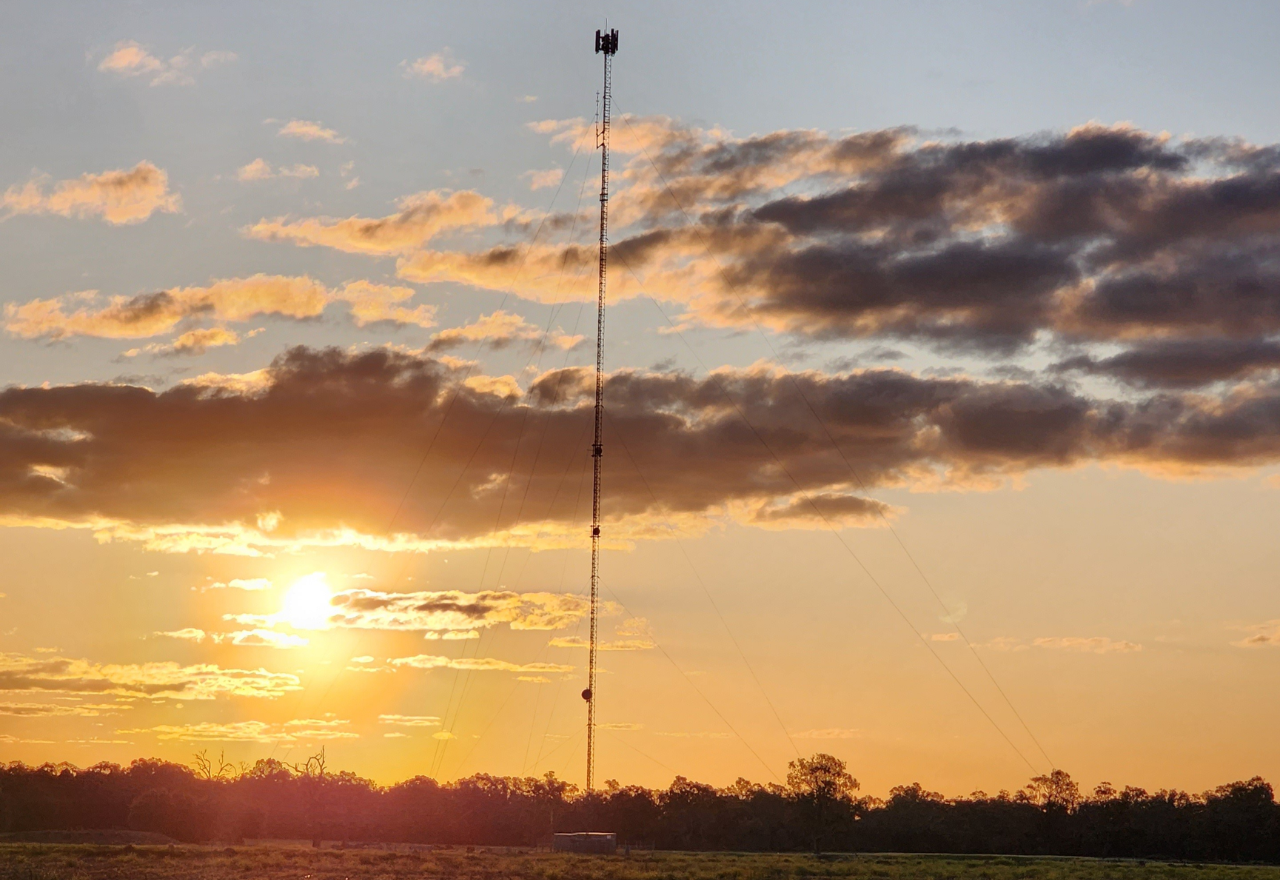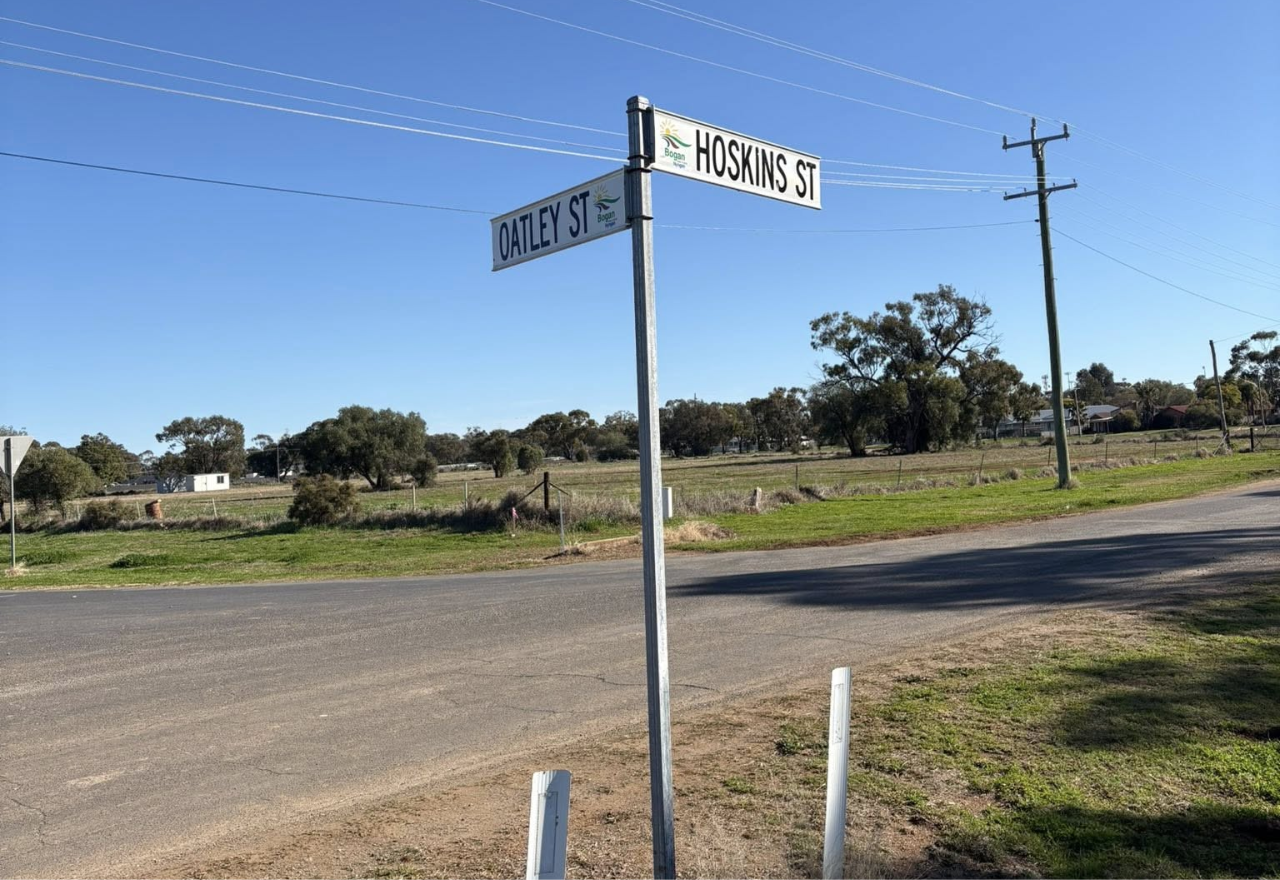Subsidy extension flies into the west
Kristin Murdock
29 August 2025, 9:40 PM
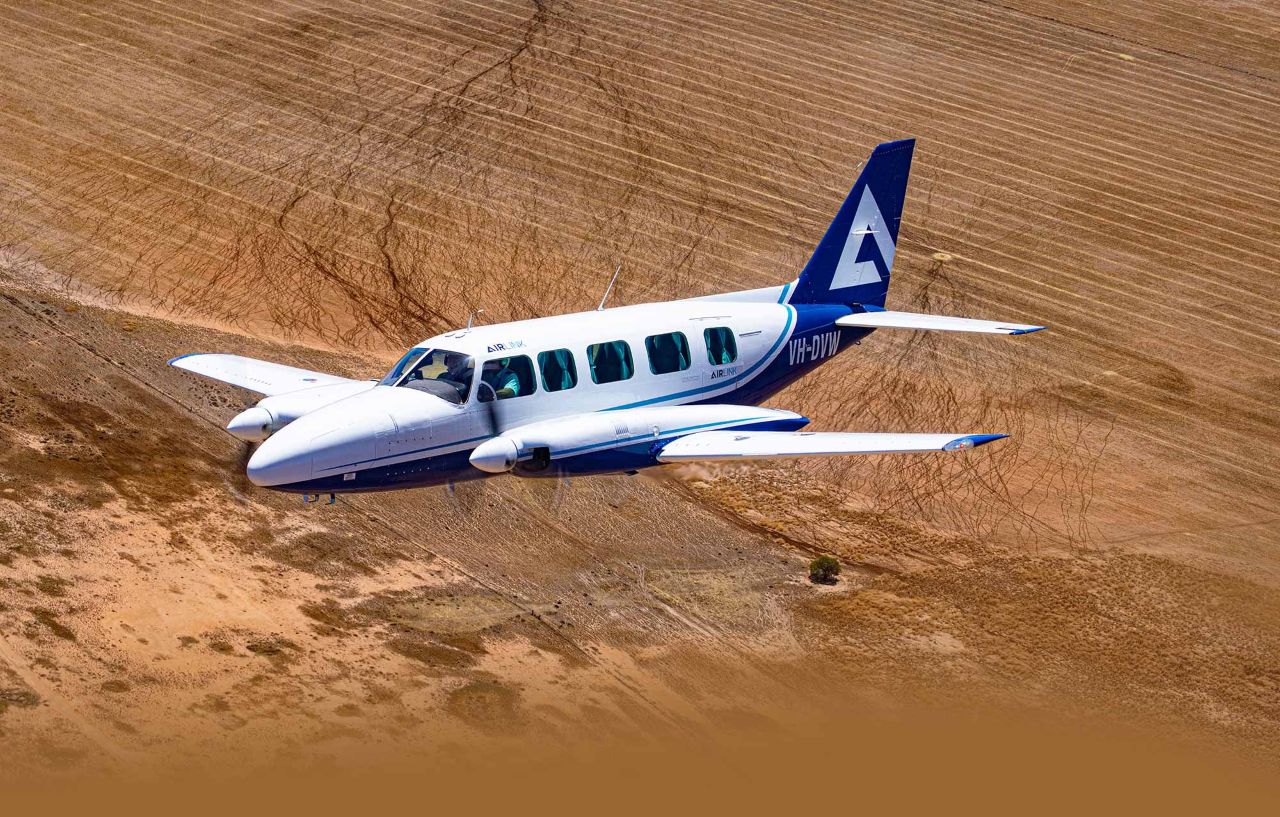
Community leaders in four local towns have welcomed the extension of subsidies for key regional air routes, but they say long-term certainty is still needed to secure services they describe as lifelines.
Yesterday (Friday 29 August), the NSW Government announced a further 12-month extension of support for flights connecting Cobar, Bourke, Walgett and Lightning Ridge.
Funded by a $2 million investment through the Regional Development Trust, the subsidies will keep services operating until November 2026.
The support ensures Fly Pelican will continue six weekly return flights between Sydney and Cobar, while Air Link will maintain eight return services connecting Bourke, Walgett and Lightning Ridge to Dubbo.
Minister for Regional NSW Tara Moriarty said the subsidies were vital for regional connectivity.
“This funding is designed to support flights for the communities in Bourke, Cobar, Lightning Ridge and Walgett so they can access regular and reliable services,” she said.
“Regional communities rely on air travel for its convenience and speed to get to health care or business appointments, or bring in visitors and workers.”
Earlier this year, the Far North West Joint Organisation of councils (FNWJO), surveyed residents about air services.
Results showed strong support for keeping the routes, citing access to health care, business travel, and lifestyle as key reasons.
However, respondents also raised concerns about cost and reliability.
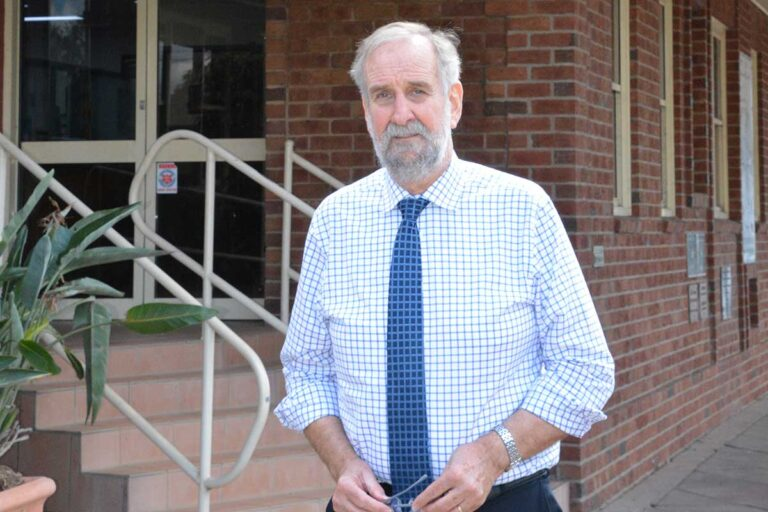
CEO of the Far North West Joint Organisation of Councils, Ross Earl.
FNWJO CEO Ross Earl said the findings confirmed just how critical the services are.
“Passenger numbers have been gradually building and that’s important.
"Connectivity is critical in remote areas like ours.
"People talk about the tyranny of distance, and air services help reduce that feeling of isolation,” he said.
“Saving time, saving lives and keeping communities connected were the key themes.
"It’s hard to overstate the impact of knowing you can access specialist services quickly rather than take a long, fatiguing road journey with hazards like wildlife and livestock.”
Earl added that air travel was not just about medical appointments.
“Having a service helps remote communities attract and retain workers in all areas of the community—not just mining.
"There are a lot of people who want and need that access to get to other areas quickly,” he said.
“We’re extremely grateful to the state government for making this money available and basically guaranteeing the service for another 12 to 15 months.
"Now we’ve got to work towards securing further funding to ensure the service continues.”
FNWJO Chair and Mayor of Cobar Shire Council, Jarrod Marsden, welcomed the decision.
“Cobar to Sydney flights have provided significant benefits to the region.
"This extension will help our community maintain connection while delivering economic and social benefits,” he said.
“We appreciate the ongoing support from the NSW Government for the Western Air Services subsidy, which is vital to the region’s sustainability.”
Other local leaders echoed this sentiment.
Mayor of Bourke Shire Council, Lachlan Ford, said air links were essential for access to health and other services not readily available in isolated communities.
“The extension means many local residents will continue to benefit from these services, whether travelling to regional centres or from service providers coming into the region to work,” Cr Ford said.
Mayor of Walgett Shire Council, Jasen Ramien, said the continuation was vital.
“The Far North West Joint Organisation covers some of the most remote and disadvantaged communities in the state.," he said.
"The availability of regular air services has had a positive impact on reducing this disadvantage."
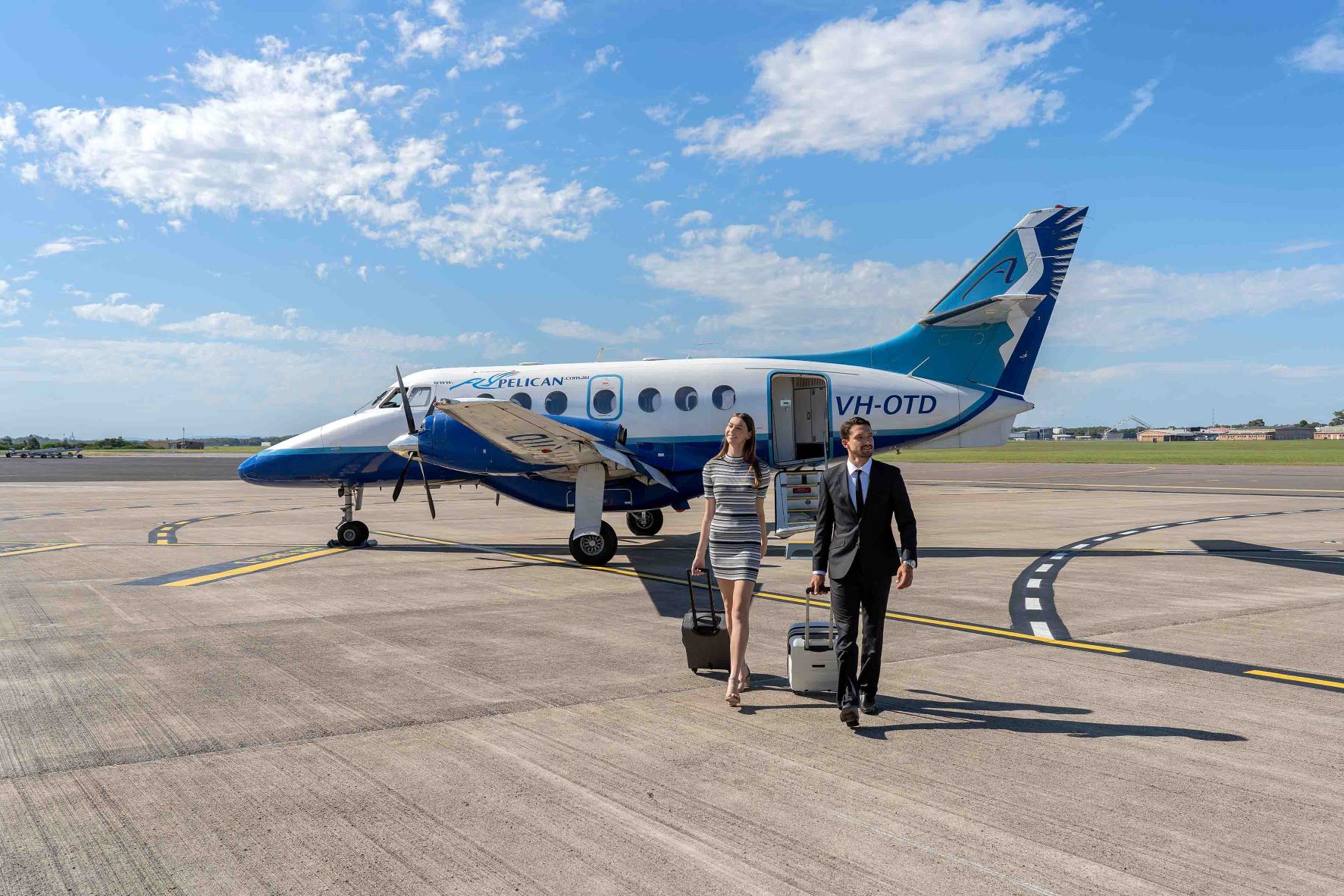
AirPelican will keep flying west, thanks to an extension of subsidies - but uncertainty after November 2026 is a concern.
Member for Barwon Roy Butler called the announcement a positive step but urged more long-term planning.
“The speed of air services allows local people to conveniently access health care and business appointments in Dubbo and Sydney,” he said.
“These flights also allow health care professionals and other essential workers easier access into our towns.”
Butler added that regional flights should also be better integrated with tourism infrastructure, such as hire car services, to boost local economies and make the region more accessible.
Despite the recent commitment, concerns remain about the future.
The FNWJO survey highlighted that without continued funding, many towns could be cut off altogether.
Leaders warn that communities cannot rely on short-term solutions.
Western NSW has faced repeated disruptions to regional aviation, including the 2021 withdrawal of Rex Airlines from several routes.
While the current subsidy offers some certainty, community leaders are calling for a sustainable, long-term model that treats air travel as essential infrastructure.
With FNWJO now using the survey to bolster its advocacy, hopes remain high that future support will reflect the value of air services to health, economy, and community life.
For the people of Cobar, Bourke, Walgett and Lightning Ridge, air travel isn’t a luxury - it’s a necessity.
